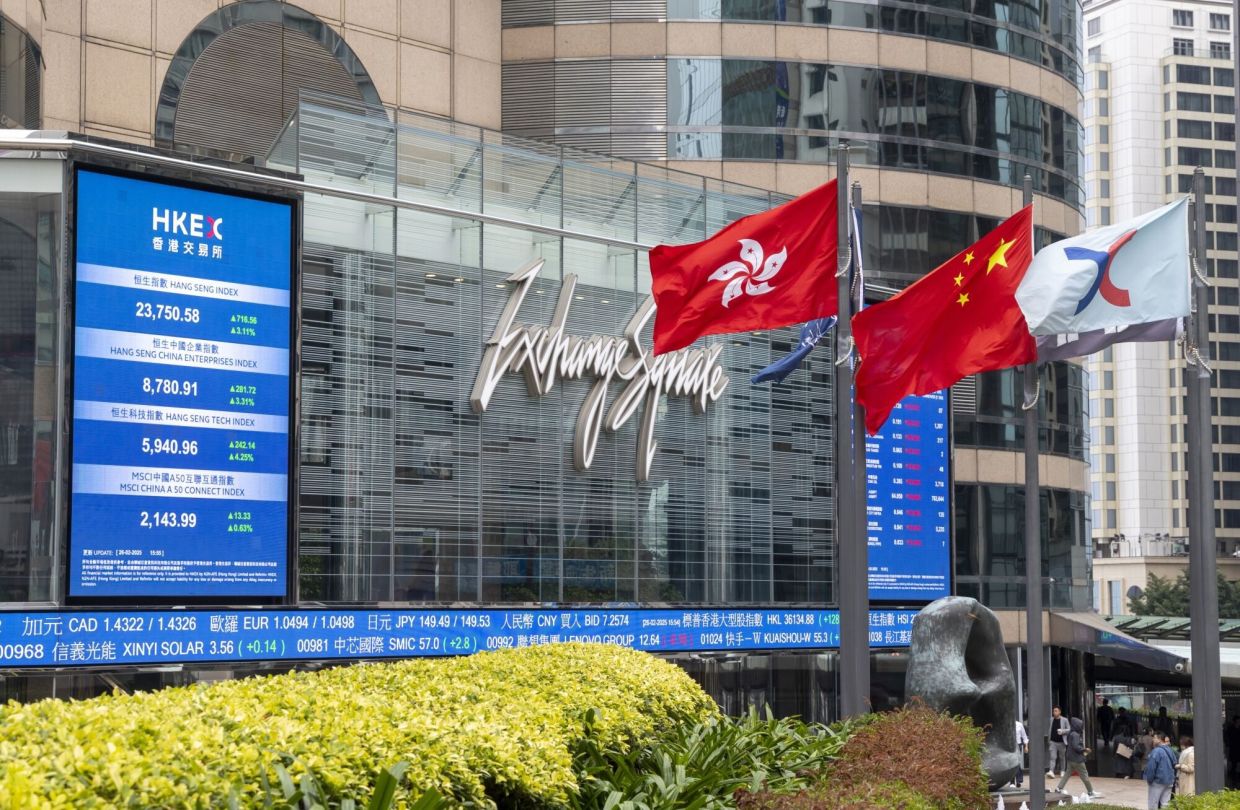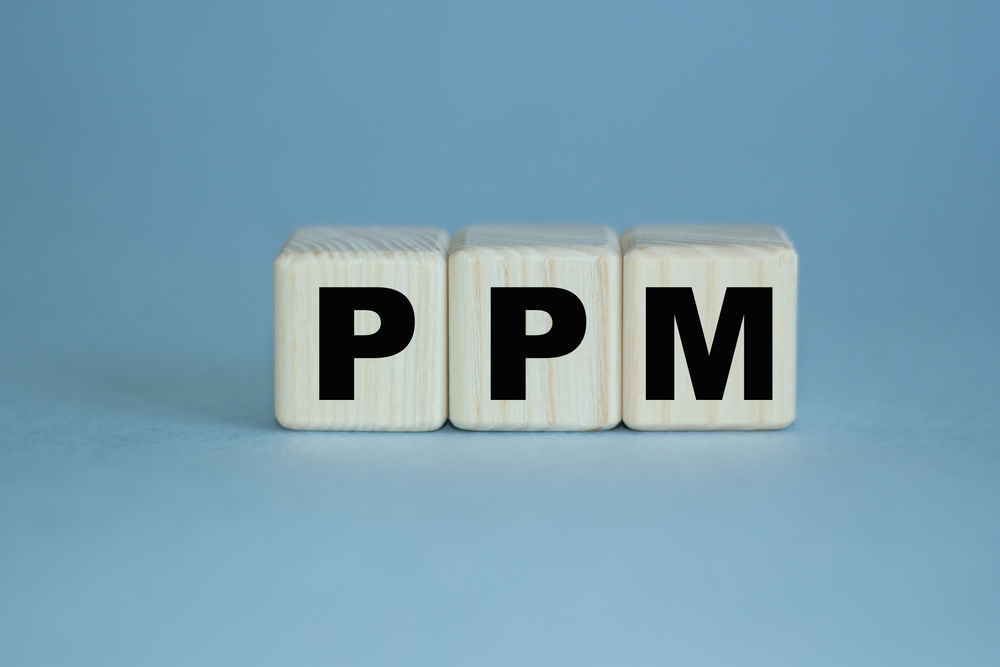In today’s global economy, protecting intellectual property (IP) across borders is a cornerstone of innovation-driven businesses. For companies eyeing Portuguese-speaking markets like Brazil and Portugal, translating patent documents from English to Portuguese is a critical step to secure legal protection. However, not all translations are equal. Certified translations, which come with a formal guarantee of accuracy, often cost more than standard translations, which lack such assurances. Understanding the differences between these two types of translations—and why their prices vary—can help businesses make informed decisions to balance cost and compliance. This article explores the nuances of certified and standard translations for patents in Portuguese-speaking countries and highlights key factors driving price differences.
What Are Certified and Standard Translations?
Standard Translation involves translating text from English to Portuguese by a professional translator without additional legal assurances. Standard translations are suitable for informal purposes, such as internal reviews, preliminary assessments, or non-binding documents. They are typically less expensive because they don’t require formal certification or specialized processes.
A certified translation includes a signed statement from the translator or agency attesting to its accuracy and completeness. This certification ensures the translation meets legal standards, making it ideal for official documents like patent applications. The process often involves accredited translators and may require notarization, adding to the cost.
Patent Translation Requirements in Portuguese-Speaking Countries
The requirements for patent translations vary by country, reflecting the legal and regulatory frameworks of their patent offices. The two primary Portuguese-speaking markets for patent filings are Brazil and Portugal, each with distinct guidelines.
The Brazilian National Institute of Industrial Property (INPI) mandates that patent applications be submitted in Portuguese. If the original document is in English, a translation must be provided within 60 days of filing (INPI Brazil). While a standard translation may suffice for initial submissions, a sworn translation (tradução juramentada)—a form of certified translation performed by a publicly accredited translator—is often required for legal disputes, office actions, or to ensure compliance during examination. Sworn translations carry legal weight and are critical for avoiding rejections.
As a member of the European Patent Office (EPO), Portugal requires translations of European patents into Portuguese for validation (INPI Portugal). While certification is not always mandatory, it is highly recommended to ensure the translation is legally binding, especially for contentious cases or when responding to patent office queries. Certified translations provide an extra layer of assurance, reducing the risk of challenges.
These requirements highlight why certified translations are often preferred for patent filings, as they align with the stringent standards of patent offices.
Why Do Prices Differ?
The cost of translating a patent from English to Portuguese varies significantly between certified and standard translations due to several factors. On average, standard translations cost $0.10–$0.20 per word, while certified translations range from $0.20–$0.30 per word or higher, depending on complexity and urgency (GTS Translation). For a typical 9,400-word patent, this translates to $940–$1,880 for standard translation and $1,880–$2,820 for certified translation. Here’s why:
Translator Expertise: Certified translations require translators with specific qualifications, such as sworn translators in Brazil or those accredited for legal translations in Portugal. These professionals charge higher rates due to their specialized skills and legal responsibilities.
Certification Process: Preparing a certificate of accuracy, and sometimes notarizing or legalizing the translation, adds time and administrative costs. In Brazil, sworn translations often involve public notaries, further increasing expenses.
Legal Liability: Certified translators assume greater responsibility for the accuracy of their work, as errors can lead to legal consequences like rejected applications or disputes. This risk is reflected in higher pricing.
Document Complexity: Patents are dense with technical and legal terminology, requiring meticulous translation. Certified translations demand extra care to ensure compliance with patent office standards, increasing the time and effort involved.
Urgency: Patent filings often have tight deadlines, and rush services can add 25–50% to the cost, particularly for certified translations where accuracy cannot be compromised (TransPerfect Legal).
These factors can make certified translations 20–50% more expensive than standard ones, but they offer critical assurances for legal proceedings.
Conclusion
When filing patents in Portuguese-speaking countries, the choice between certified and standard translations hinges on balancing cost with legal reliability. Certified translations, while more expensive due to specialized expertise, certification processes, and legal liability, are often essential for ensuring compliance with patent office requirements in Brazil and Portugal. Standard translations, though cheaper, risk inaccuracies that could lead to rejections or disputes. By understanding these price differences and adopting strategic cost-management practices, businesses can protect their intellectual property effectively while optimizing their budgets.
Ensure your patents meet the highest standards in Portuguese-speaking markets. Artlangs Translation provides expert certified translations tailored for Brazil and Portugal, safeguarding your IP with precision. Contact us today for a seamless solution!











